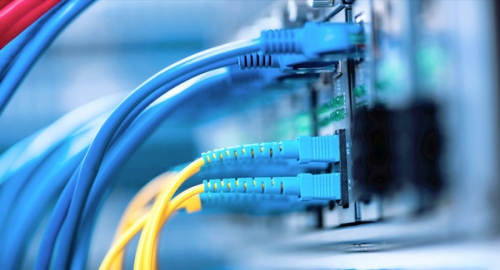FTTH Solution
FTTH Solution Overview
Providing an Ultra-Broadband, Intelligent, and Fully Connected Experience for Home Users With the emergence of new services such as 4K/8K video, augmented reality (AR), virtual reality (VR), and smart home, home access is facing new challenges as bandwidth requirements are increasing tenfold and even hundredfold, while user connections are also experiencing exponential growth.

Solution and Networking
FTTH solution uses one optical fiber network to bear multiple services, providing high speed Internet (HSI), Wi-Fi, voice, video, and CATV services for home-connected users. This superior solution removes the bottleneck between homes and the backbone network to implement its ultra-broadband architecture and simple, flattened network structure, facilitating easy deployment and O&M.
FTTH Typical Networking
FTTH has the following three typical networking models. SFU ONT can be regarded as a pipe providing L2 data and voice services. HGW ONT provides L3 services; it is the center of a manageable home network and can be regarded as the "tap" of the smart pipe.
Acronyms and Abbreviations
| AP | access point |
| EPC | evolved packet core |
| FTTB | fiber to the building |
| eOTDR | embedded optical time domain reflectometer |
| FDT | fiber distribution terminal |
| HGU | home gateway unit |
| ITMS | intelligent terminal management system |
| OAM | operation, administration and maintenance |
| ODN | optical distribution network |
| OTDR | optical time domain reflectometer |
| OTT | over the top |
| RAN | radio access network |
| SNMP | simple network management protocol |
| WAN | wide area network |
| BNG | broadband network gateway |
| EMS | element management system |
| FTTC | fiber to the curb |
| FAT | fiber access terminal |
| FTTH | fiber to the home |
| IAD | integrated access device |
| LTE | long term evolution |
| ODF | optical distribution frame |
| OMCI | optical network terminal management and control interface |
| OSS | operations support system |
| PLC | power line communication |
| SFU | single family unit |
| TMS | terminal management system |
CONTACT US











